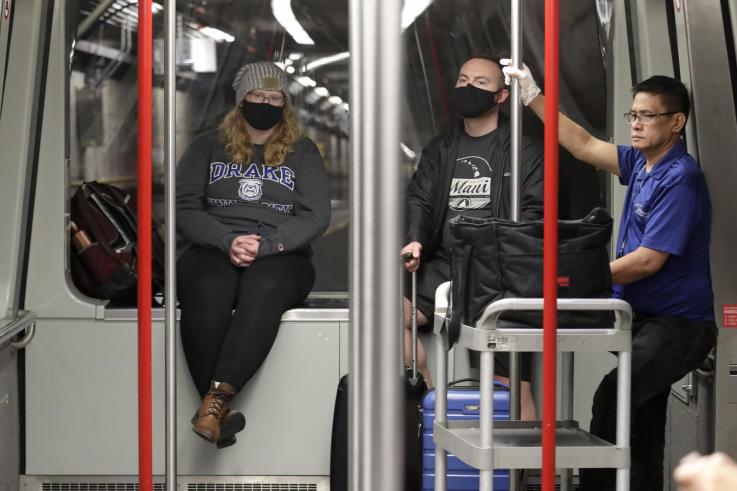
A viral illness spreads across Washington state, causing respiratory illness. Most cases are mild, but some are severe and even fatal. At the same time it causes many fewer illnesses, hospitalizations and deaths than the seasonal flu. So why are we obsessed with this COVID-19? Why is it that pharmacies have run out of surgical masks and hand sanitizer, and people no longer feel shy about wearing a mask in public? Why are conferences and classes getting canceled and governors declaring states of emergency when we don’t do that with seasonal flu?
For starters, the SARS2 coronavirus is a new human virus, related in many ways to the scary coronaviruses that cause Severe Acute Respiratory Syndrome (SARS) and Middle Eastern Respiratory Syndrome (MERS). We have known of this virus only for a couple of months, so there is a degree of uncertainty that can easily lead to fear, as well as obsession. And what we do know — one, that the virus appears to more fatal than the average flu virus (though this is complicated), sometimes rapidly, and two, that it is probably more transmissible — is enough to make us take this new threat very seriously, even though influenza still dwarfs it in number of cases and deaths. (The Centers for Disease Control and Prevention estimates that up to 49 million infections and 52,000 deaths between October 2019 and February 2020.) And, unlike the flu, we have no vaccine or treatments for COVID-19 on the immediate horizon, and no natural immunity from past infection.
Read the entire article at Crosscut. Peter Rabinowitz is the Director of the UW MetaCenter for Pandemic Disease Preparedness and Global Health Security and a professor of Global Health.